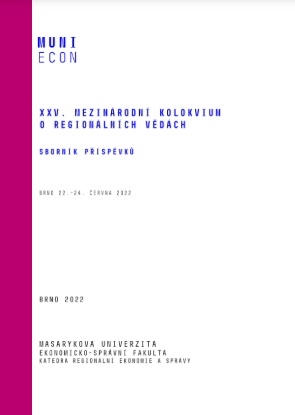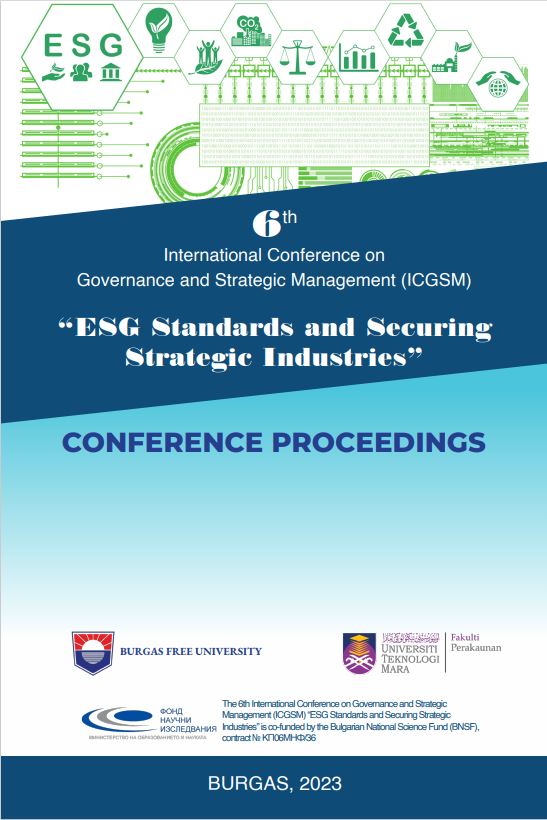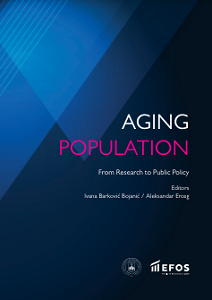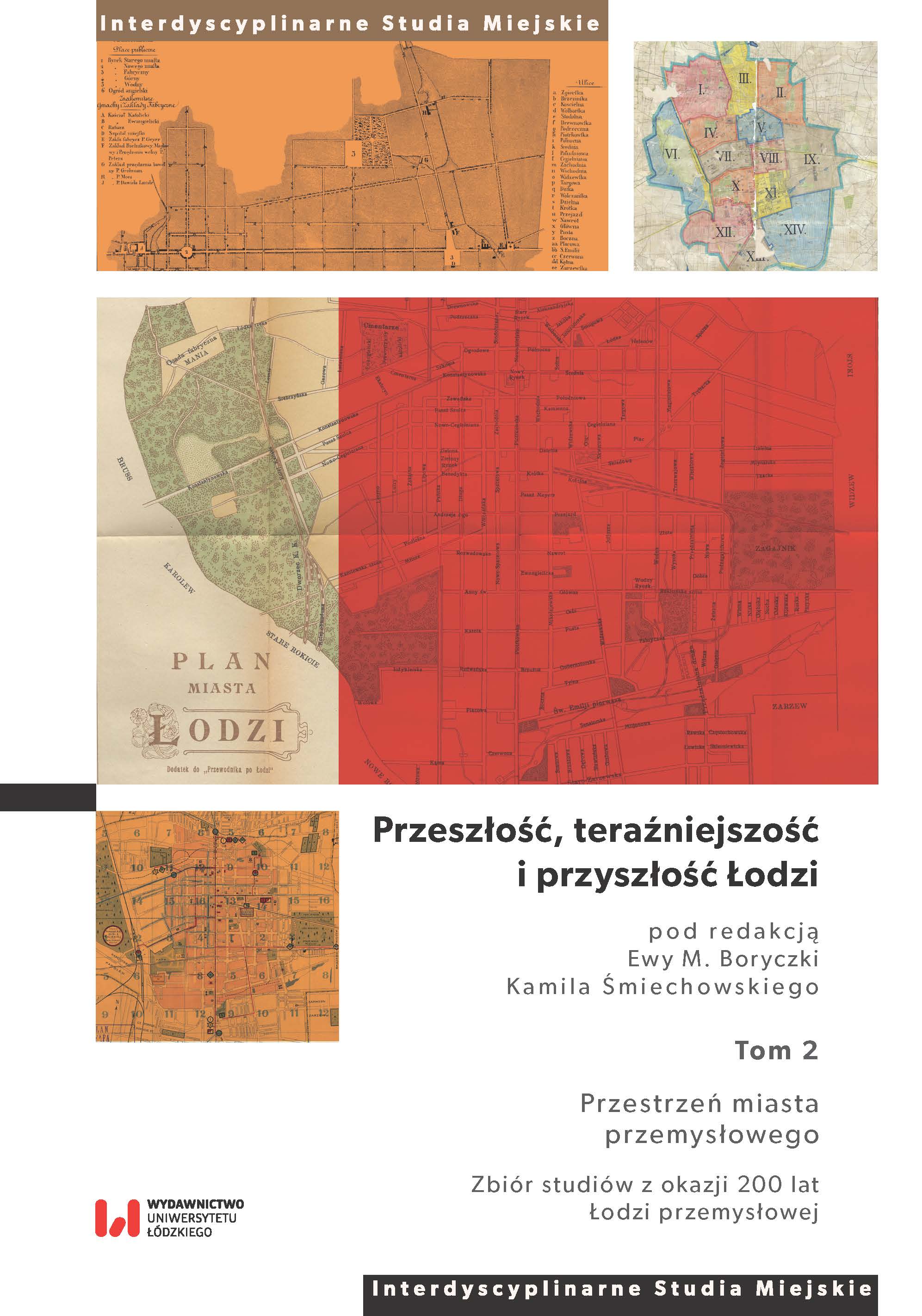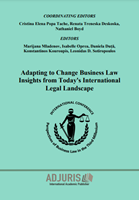Author(s): Dominik Drzazga / Language(s): Polish
Publication Year: 0
The study attempts to identify and review the historical, contemporary and expected as well as predicted directions of spatial development pattern of Lodz analyzed from the perspective of a strategic approach to city planning and management. The development of Lodz, which remained (despite being granted city rights on July 29, 1423) for several centuries as a small settlement located on the Piotrkow route by the local river (Lodka), was subjected in subsequent periods of its development to various conditions and strategic challenges, changing at “critical points” history of the city, which was reflected in the functional and spatial transformations of the city. Such conditions were undoubtedly the inclusion of Lodz into the group of industrial settlements in 1820, and then (already in the centrally planned economy system) the development of a specific “monoculture” of light (textile) industry in Lodz (resulting in the “addition” of new residential and industrial districts to the city), and finally, the systemic socio-economic transformation of Lodz taking place in a shocking manner after 1989. The systemic, socio-economic transformation became a contribution and the necessity to search for a new vision and strategic directions for the city’s development, also in the spatial dimension. This was reflected in subsequent planning documents such as: The local general spatial development plan for Lodz from 1993, studies of the conditions and directions of spatial development in Lodz from the years 2002, 2010, 2018, as well as other strategic studies, in particular the Strategy for the integrated development of Lodz 2020+ (adopted in 2012) along with its eight sectoral policies, including the Strategy for the spatial development of Lodz 2020+ (adopted in 2013). Strategic development plans prepared by local government authorities was accompanied by the preparation of several other expert studies, including one promoting the concept of development of metropolitan functions in Lodz, in particular in the context of the postulated bipolar agglomeration – the Warsaw-Lodz functional area (Warsaw-Lodz metropolitan area), which also impacted on the directions of spatial development of the city, in particular by identifying key investments from this perspective, mainly related to the development of transport infrastructure. In the spatial dimension, after 1989, the objectives of the spatial policy of Lodz focused mainly on the protection of areas important for the city’s identity and undertaking revitalization activities related to the renewal of post-industrial areas located in the city center zone. The problem was (and still is) stopping the spread of development in the outer areas of Lodz (as expressed in the Studies of the conditions and directions of spatial development in Lodz from 2010). Nowadays, the key development challenge of the city is the growing depopulation, which is accompanied by quite dramatic efforts of local authorities aimed at building the image of a dynamically developing, modern city, reflected in various investments related to, among other things, the modernization of urban spaces (especially public) and planning of new attractive areas for further investments of economic importance. However, these activities are accompanied by the chaotic sale of municipal land and plots located outside zones of strategic importance, which is becoming a source of local conflicts. Among other challenges, which so far have rather little impact on strategic directions of urban development, one can point out the effects of climate change and changes in spatial behavior of the population, resulting from the dissemination of new technologies of remote communication, work, trade or the use of private and public services (significantly accelerated by the state of an infectious pandemic COVID-19 disease). These conditions were indicated in the study as the key strategic challenges that ought to imply the directions of development of Lodz, including in the spatial dimension
More...
